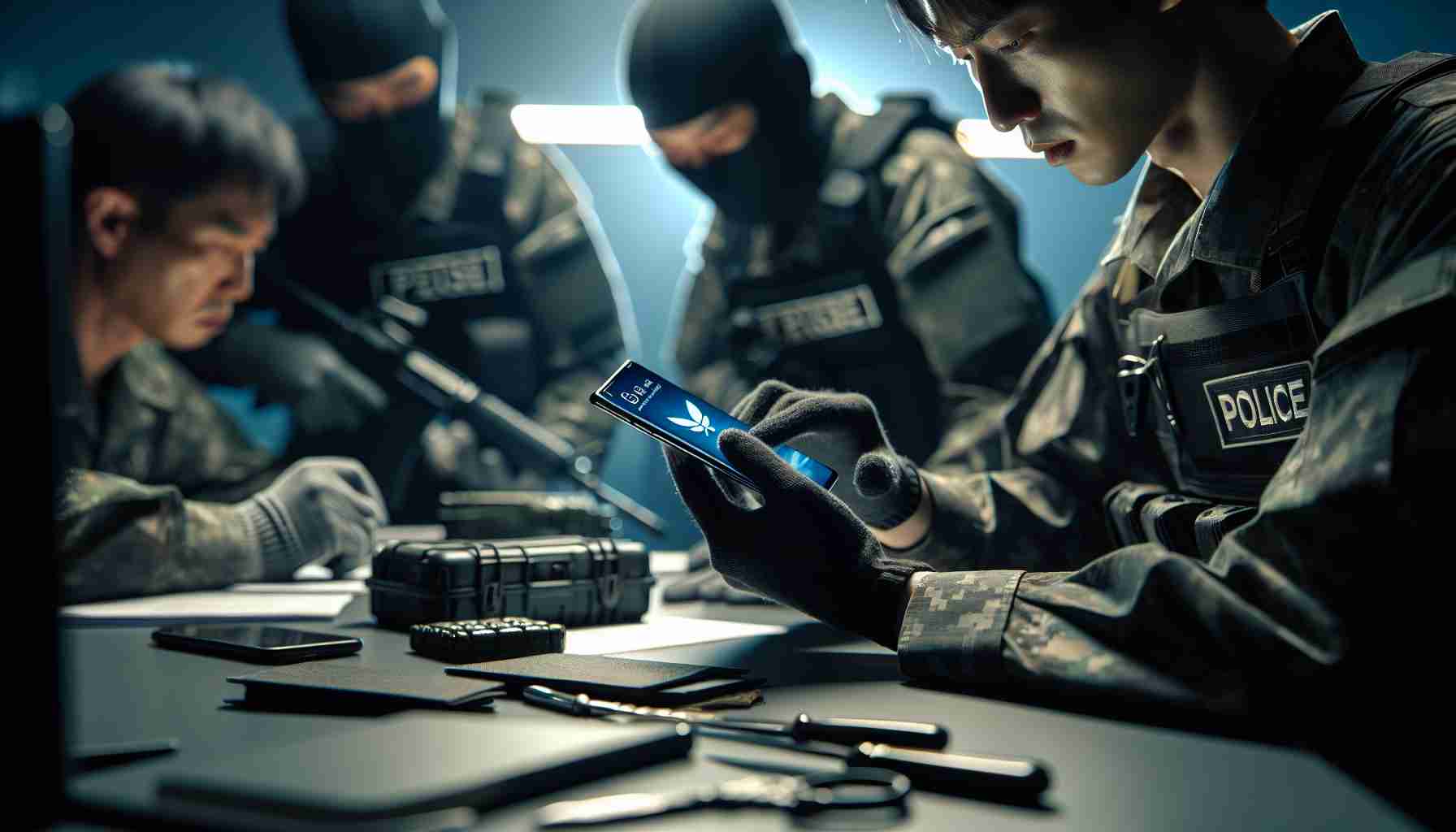The South Korean armed forces are considering a sweeping prohibition on the use of iPhones within their premises, pointing to risks associated with voice recording functions. As privacy concerns take center stage, officials are debating the merits of broadening the restriction, which has brought the current methods of mobile device supervision under scrutiny.
Apple’s iPhones have come under particular scrutiny for their potential recording features, which could be activated without consent in key military areas. In contrast, the local tech giant Samsung’s Android devices are notably not included in the anticipated ban. This decision hints at a growing preference for homegrown technology, signifying a nationalistic streak in the country’s defense strategy. Military personnel have voiced their grievances over the South Korean National Defence Mobile Security management application’s incapacity to limit microphone access effectively.
The military’s internal conversation hints at a larger prohibition being considered, with the Army testing similar constraints that the Air Force has deliberated. Globally, it’s not uncommon to see stringent rules on mobile usage in secure zones; however, instituting a complete exclusion is a bold stroke that delineates significant cybersecurity concerns. The broader dialogue within the military establishment showcases the complexities involved in equipping troops with secure communication tools while also ensuring that critical information remains safeguarded from unintended recording or breaches.
Important Questions & Answers:
Why is South Korea’s military considering a ban on iPhones?
The South Korean military is considering the ban due to concerns that the recording capabilities of such devices could lead to unintentional security breaches if they are activated without the user’s consent.
Is this policy targeting all smartphones or just iPhones?
The current discussion suggests it is specifically targeting iPhones for their potential recording features, while local devices such as Samsung’s Android phones are seemingly not included in the proposed ban.
Key Challenges & Controversies:
The primary challenge is to balance the need for security with the convenience and utility of modern smartphones. There is also a potential controversy over the appearance of national favoritism by excluding Samsung devices from the ban, which could lead to trade implications or accusations of unfair practices.
Advantages:
A ban on iPhones in military areas would potentially decrease the chances of sensitive information being recorded and leaked. It reinforces the need for stringent measures to safeguard national security.
Disadvantages:
A ban may affect the morale and convenience for military personnel who prefer using iPhones. There could be logistical challenges in enforcing the ban as well as pushback from personnel and possibly geopolitical tension if the policy is seen as discriminatory towards foreign products.
Regarding related links, I advise checking the official portals for South Korean Ministry of National Defense at Ministry of National Defense for updates on this policy, as well as Apple’s official website at Apple for their stance on product security. These sites should be checked for legitimacy before following through with any visits.
The source of the article is from the blog tvbzorg.com
